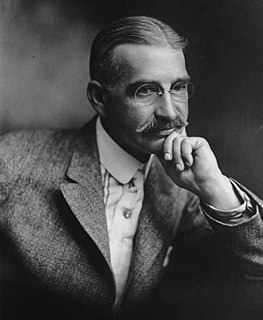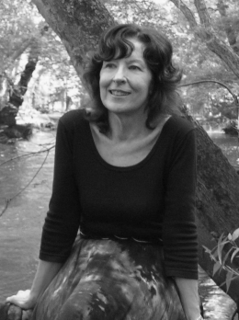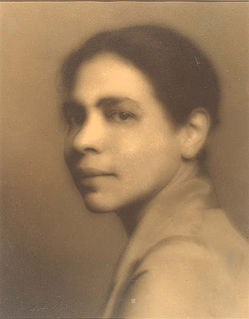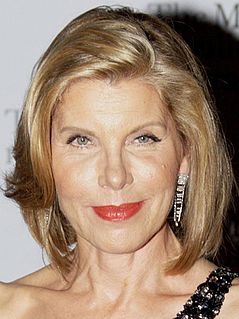A Quote by L. Frank Baum
Some of my youthful readers are developing wonderful imaginations. This pleases me.
Quote Topics
Related Quotes
Some of my youthful readers are developing wonderful imaginations. This pleases me. When I was young I longed to write a great novel that should win me fame. Now that I am getting old my first book is written to amuse children. For aside from my evident inability to do anything "great," I have learned to regard fame as a will-o-the-wisp which, when caught, is not worth the possession; but to please a child is a sweet and lovely thing that warms one's heart and brings its own reward.
I feel that historical novelists owe it to our readers to try to be as historically accurate as we can with the known facts. Obviously, we have to fill in the blanks. And then in the final analysis, we're drawing upon our own imaginations. But I think that readers need to be able to trust an author.
First, there are some of my readers who only read Hap and Leonard, not the other stuff, and some who don't read Hap and Leonard, but a large percentage are crossover readers. And yes, I did refuse to go to Vietnam and it looked like prison was in my future, but they sent me to the psychiatrist and he gave me a 1-Y, which is unfit for military service essentially.
Every one of the geezers who continues to play a leadership role has one quality of overriding importance: neotony. The dictionary definition is that neotony, a zoological term, involves "the retention of youthful qualities throughout old age." It is more than merely retaining a youthful appearance, although that is often part of it. Neotony is the retention of all those wonderful qualities that we associate with youth: curiosity, playfulness, eagerness, fearlessness, warmth, energy.
People will ask me, "How do you approach writing books for young readers differently than for adults?" My answer is always: I don't change anything about the story itself. I'm going to tell kids the way things really were. What I don't do - and this is the only thing I do differently in writing for kids - is that I don't revel in the gory details. I allow readers to fill in the details as necessary. But I don’t force kids to have to digest something they’re not mature enough or ready for yet. If they are, they can fill in the details even better than I could, just with their imaginations.

































